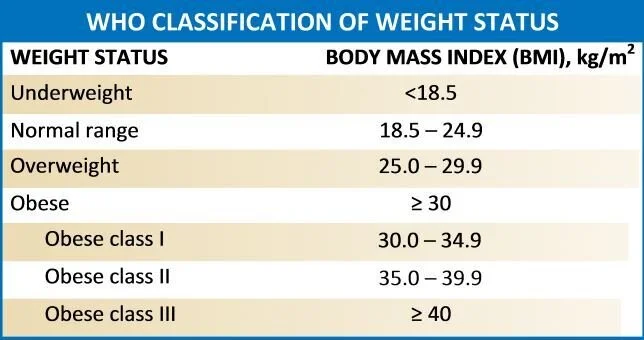
Bariatric Surgery
Take the First Step to a Healthier You
You’ve spent years trying to lose weight and keep it off. No matter how many diets you’ve tried, how many exercise fads you’ve gotten into, nothing seems to work. You know losing weight isn’t just about looking good, it’s about feeling good and solving medical issues that are compromising your overall health. Bariatric surgery is a safe and effective alternative to treat obesity when other traditional methods are not successful. As a proven tool, Bariatric Surgery can be the first step in a journey which will help you to adopt many healthy lifestyle changes, so you can lose the weight you need and keep it off long-term.
Why Weight Loss Surgery?
Bariatric surgery, such as gastric bypass and gastric sleeve procedures, work by changing the anatomy of your gastrointestinal tract (stomach and digestive system) and by causing different physiologic changes that effect your energy balance and fat metabolism. It is important to keep in mind that bariatric surgery is really just a “tool” to help you achieve your weight loss goals. The key to your long term success is your ability to adopt new healthy lifestyle changes focusing on nutrition, exercise and behavior modification, enabling you to lead a healthier, more active life.
If you're significantly overweight and ready to make a lifestyle change, you may be a candidate for bariatric surgery.

It’s time.
If you’re ready to take the next step toward getting your life back, weight loss surgery with Winchester Weight Management Center could be the answer. From pre-op to post-op, our expert team of clinicians is here to guide you through every step of the bariatric surgery process.
Am I a candidate for bariatric surgery?
To be considered a candidate for weight loss surgery, you must meet certain criteria. Our providers can help determine if you meet those criteria, which are related to:
your BMI
your past success with non-surgical weight loss methods
how obesity has impacted your daily life
your risk of obesity-related illnesses
Obesity-related illnesses are serious health conditions that are related to excess weight. Common ones are: type 2 diabetes, high blood pressure, high cholesterol, sleep apnea, osteoarthritis and depression. When we treat obesity, we also treat these serious conditions that are linked to excess weight in order to give you the best chance at a longer, more energetic and healthy life.
Insurance Coverage for your Surgery
Many Insurance providers offer coverage for bariatric surgery if you meet certain requirements. In fact, Massachusetts offers some of the best coverage options in the nation. Let our staff assist you in navigating the requirements and processes preparing for coverage and payment of weight loss surgery.
What is your BMI?
The body mass index (BMI) is a measure that uses your height and weight to work out if your weight is healthy.
It is very important to know your BMI, because a lot of other medical conditions are related to or caused by obesity. A scale can tell us our weight — but we need your BMI value to put that weight in the right category.
Use the Calculator below to find out your BMI.
BMI Classification
The following table gives the classification of BMI value as decided by the World Health Organization (WHO). It is used for both men and women, age 20 or older:
Note: At an individual level, BMI can be used as a screening tool but is not diagnostic of the level of fat in the body or the health of an individual. A trained healthcare provider should perform appropriate health assessments in order to evaluate an individual’s health status and risks. If you have questions about your BMI, talk with your health care provider.
WEIGHT-LOSS SURGERY OPTIONS
Our board-certified bariatric surgeons offer a variety of weight-loss surgery options and utilize the latest advances in minimally invasive laparoscopic surgery. Minimally invasive surgery allows for shorter recovery times, less scarring and less post-operative pain.
By changing your gastrointestinal anatomy, certain bariatric procedures affect the production of intestinal hormones in a way that reduces hunger and increases feelings of fullness (satiety). The end result is reduction in the desire to eat and in the frequency of eating. During your initial consultation, you and your surgeon will determine which procedure would be best for you based on your weight loss goals and medical history.
LEARN MORE ABOUT THE PROCEDURES WE OFFER:











